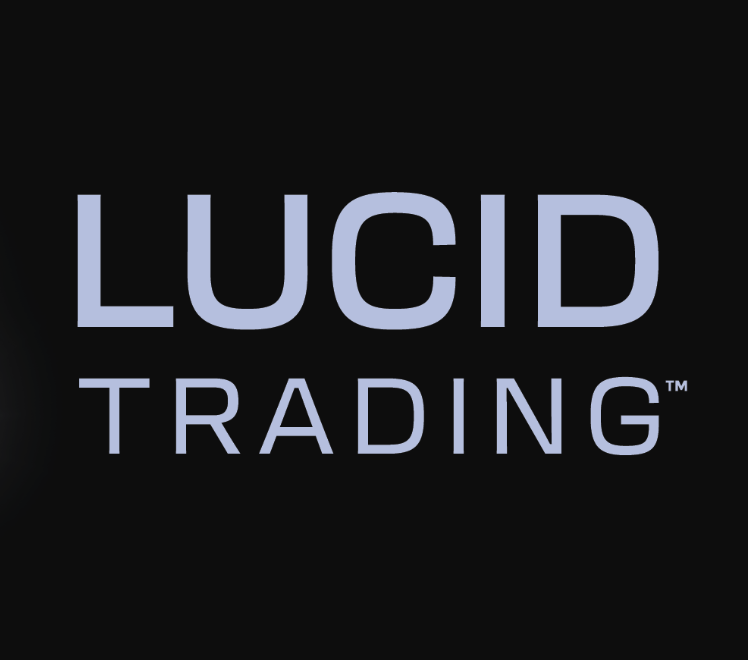FTMO Alternatives: Best Options for 2026
…and why your firm choice should reflect your psychology, not just your strategy.
Why I Walked Away From FTMO (Even Though They’re Legit)
Let me start with this: FTMO isn’t a scam. They’re not shady. They’ve paid out millions, and they’ve built one of the most well-known brands in prop trading. But despite all that, I walked away.
Not because of some dramatic blow-up. Not because of one bad payout experience. Just... because it stopped being the right environment for how I trade.
I’ve traded with FTMO on and off over the years. I’ve passed their challenges, collected payouts, and even recommended them for a while. But over time, I noticed something creeping in: I was adjusting my trading to fit their rules, not the other way around.
And that’s when it hit me—if your trading style bends just to squeeze into a firm’s framework, you’re probably in the wrong sandbox.
FTMO’s rules aren’t necessarily harsh, but they’re rigid. The daily drawdown can mess with your psychology. The flat payout schedule doesn’t motivate scaling. And the evaluation process? It’s tight. Fair, but tight.
Eventually, I realized that if I wanted to stay consistent (and sane), I needed a setup that supported how I actually trade—not how a firm wants me to trade.
If you want my full breakdown on FTMO—including where they still shine—check out my full 2026 review here.
What I Needed Instead (And Maybe You Do Too)
At some point, I had to stop chasing the “most popular” firm and start looking at what actually worked for me. Because here’s the truth most traders avoid:
It’s not the firm that fails you.
It’s how you perform under their rules.
And FTMO’s rules? They look good on paper—2-phase challenge, solid drawdown buffer, decent payouts. But for certain trading styles (like mine), the environment adds friction. I don’t need a 10% profit target across two phases while tiptoeing around a strict daily loss cap. I need breathing room, not a mental chess match with metrics.
I don’t need the easiest rules—I need the clearest ones.
I don’t need hype—I need payout speed, transparency, and realistic expectations.
So instead of asking:
"Which firm is the biggest?"
I started asking:
"Where can I trade my style and not self-sabotage?"
The Firms That Actually Match My Trading Style
Right now, I’m actively trading ES and NQ with Tradeify, Take Profit Trader, MyFundedFutures, and FundedFuturesFamily. All of them offer something FTMO doesn’t: room to breathe within the day. That’s a game-changer if you're trading futures around news or volatility spikes and don’t want your entire day ruined by one decent-sized drawdown swing.
Tradeify is a consistent go-to for me—solid support, fast payouts, and rules that reward clean execution instead of penalizing timing.
I’ve also been testing FundingTicks, a newer futures firm that’s genuinely impressed me. It’s clean, trader-first, and doesn’t feel like it’s built to trip you up.
When I dip into FX or crypto, I rotate between:
I occasionally still mess with The 5%ers, but not regularly.
I don’t use APEX—too many weird rule traps, opaque processes, and an overall vibe of intransparency that I just don’t trust.
What Each Firm Taught Me (A Real Talk Breakdown)
Every firm sharpens (or exposes) a part of your trading. Here's what I took away:
- Tradeify forced consistency by removing rule confusion.
- Take Profit Trader humbled me on position sizing during volatility.
- MyFundedFutures taught me patience and slowed me down in the right way.
- FundedFuturesFamily helped me let my high-timeframe setups breathe.
- FundingTicks is showing early signs of being a future favorite—no fluff, no friction.
On the FX/crypto side, firms like Breakout, FundingPips, and FundedNext reminded me that session timing is everything. If you’re not synced to volatility windows, you’re dead in the water.
And honestly? It’s never just about the firm. It’s about how you show up under their pressure. Some firms amplify your edge. Some expose your leaks. Both are valuable.
Choosing Your Next Firm (It’s Not About “Best”)
Stop chasing the “top-rated” firm like it’s going to solve your discipline issues.
Pick the one that lets you be the best version of your trading self.
Some thrive under strict rules. Others need more flexibility. Neither is wrong—what’s wrong is assuming there’s one perfect firm for everyone.
And don’t ignore the funding model either:
- Evaluation = structured grind
- Instant = fast access, but you better be consistent already
Need help deciding? This breakdown of instant vs evaluation funding can help you clarify what fits where you’re at right now.
If You’re Still Considering FTMO…
FTMO still makes sense for some. It’s solid. It’s legit. But it’s not the only game.
If you trade well under tight metrics and value structure, go for it. But don’t turn it into a badge of honor or a dream to chase.
Sometimes the firm that fits you isn’t the biggest name. Sometimes it’s the one nobody’s shouting about on Reddit.
Get the full breakdown in my 2026 FTMO review here.
Final Thoughts: Know Thyself, Then Pick the Firm
Prop trading isn’t about finding the best firm. It’s about finding the one that lets you stay sharp.
Know how you trade. Know what makes you crack under pressure. Then pick the firm that gives you the best shot at consistency, not just funding.
And if you’re still stuck in the cycle of failing evaluations and burning out? Read this.
.webp)
.png)





.webp)


.jpeg)
.webp)

.webp)
.jpeg)
.png)
.png)
.jpeg)
.jpeg)


.png)

.png)






.png)
.png)
.jpeg)
.jpeg)

.jpeg)
.png)
.jpeg)





.jpeg)

